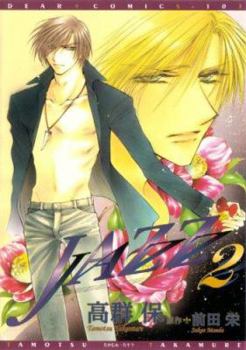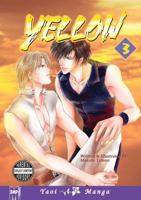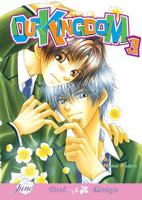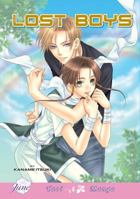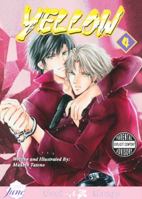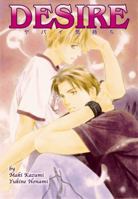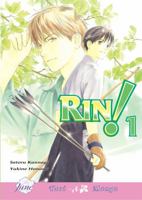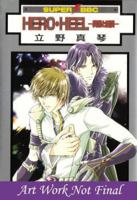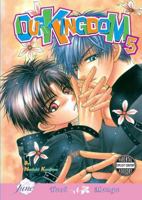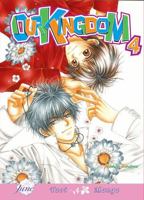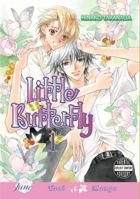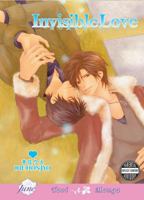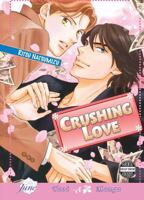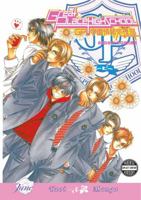You Might Also Enjoy
Book Overview
Fearing that he would someday lose Naoki, Narusawa runs away to America to avoid the empty emotion of a breakup. However, Naoki tracks him down, and embraces him with his declaration of love... and so, their life together across the Pacific begins anew. But with the holidays drawing close an innocent gesture turns into a terrible misunderstanding. Two guest character appear in the latest volume of Jazz, adventures in America.
Related Subjects
Fantasy Fiction Literature & Fiction Science Fiction Science Fiction & Fantasy Space OperaCustomer Reviews
Rated 5 starsRising action!!!
The conti of the Jazz manga, its on Rising action part and yeah alot of yaoi fans doesn't actually like the taste of this manga i don't know why maybe because they are used to reading the other versions"u know what i mean.", but this one isnt bad at all, give it a try it wont hurt, and besides don't judge the book by its cover as they say, read the stuff. IF you get the story. You'll love it and wanting more.
0Report
Rated 4 starsA great continuation of this series
I've noticed that a lot of people don't like the "Jazz" manga. To be honest, I don't understand why. The art is not your usual style with big eyed cute bishies but that's what drew me to this manga at first. The style is rather distinctive, the males are truly males and not girls in disguise. And the characters are rather appealing too. There is Naoki, an impulsive, sometimes childish, sometimes harsh student. His lover...
0Report
Rated 4 starsInteresting continuation of the Jazz series.
Phew! If you thought the forced romantic situation in the first installment of Jazz was uncomfortable, just wait for volume 2. Naoki and Narusawa have been lovingly reunited in America and live there together happily for the remainder of Narusawa's time there. Christmas rolls around and Narusawa wants to get Naoki a gift, so he asks his friends at work for some tips. This results in a very jealous and insecure Naoki who...
0Report










